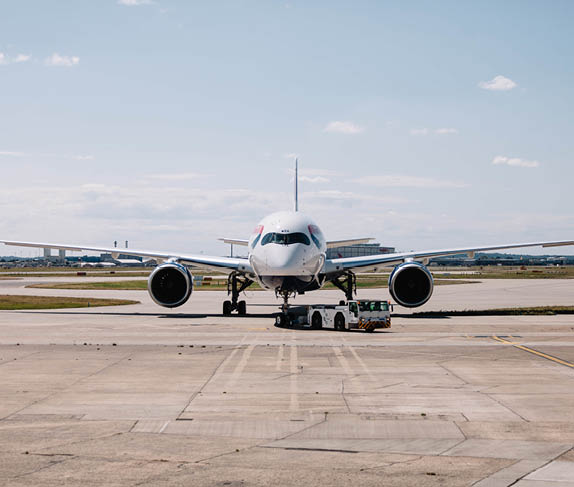Titus Naikuni, chief executive of Kenya Airways, has blamed the slow pace of negotiations for airspace bilateral agreements by Kenya for the limited expansion of the airline.
Naikuni, explained to investors, that the airline is double taxed — once in Kenya and again in the country of destination — which means it is forced to limit the number of flights.
The Kenyan Ministry of Transport has defended the slow pace by saying that the country can only sign airspace bilateral agreements if they are driven by commercial opportunities on both sides.
In the six months ending September, Kenya Airways’ after-tax profit increased by 63% to $17.5 million. Turnover from passengers grew by 22.3% to $459 million; cargo grew 17.1% increase to $37.9 million.
Passenger yields that contributed 85% of the $515 million turnover were strengthened by a weaker shilling.
Although the airline revised its hedging policy from five to 10 years previously to 24 months, fuel derivatives in 2010 went down to $2.1 million from last year’s $5.1 million blamed on high jet fuel prices during the six months.

